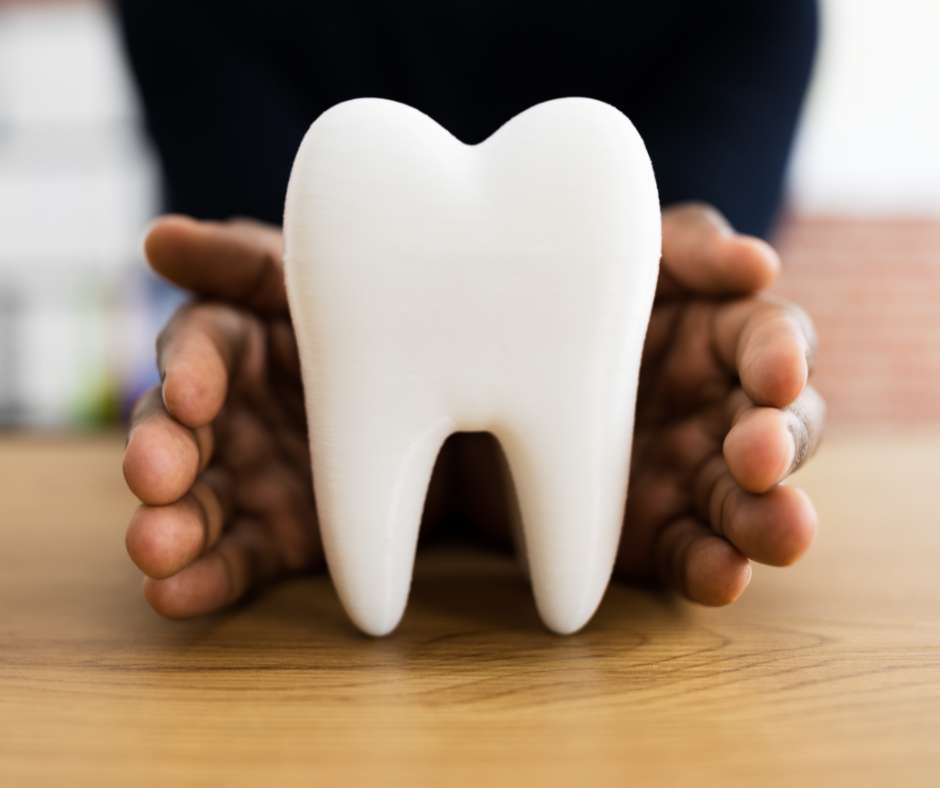
Dental sensitivity, often referred to as tooth sensitivity, is a common oral health issue that affects millions of people worldwide. It can be a sharp, sudden pain that shoots through your teeth when exposed to certain stimuli like hot or cold foods, sweet treats, or even cold air. Understanding the causes, prevention, and treatment of dental sensitivity is essential for maintaining good oral health and enjoying a pain-free life.
Causes of Dental Sensitivity
Dental sensitivity is primarily caused by the exposure of dentin, the layer of your teeth beneath the enamel. Dentin contains tiny tubules that lead directly to the nerve, and when these tubules are exposed, you can experience sensitivity. There are several common causes:
- Tooth Decay: Cavities or dental caries can cause enamel erosion, leading to sensitivity.
- Gum Recession: When your gums recede, the dentin near the gum line becomes exposed.
- Enamel Erosion: Acidic foods and beverages, aggressive brushing, and abrasive toothpaste can wear down enamel, causing sensitivity.
- Cracked Teeth: Cracks in teeth can expose the dentin and lead to sensitivity.
- Tooth Grinding: Habitual grinding or clenching of teeth can wear down enamel.
- Tooth Whitening: Some teeth whitening products can cause temporary sensitivity.
Prevention of Dental Sensitivity:
Preventing dental sensitivity is achievable through a combination of good oral hygiene practices and lifestyle adjustments:
- Oral Hygiene: Regular brushing with a soft-bristle toothbrush and fluoride toothpaste helps protect enamel.
- Avoid Acidic Foods: Limit the consumption of acidic foods and beverages like citrus fruits, soda, and vinegar-based dressings.
- Use a Mouth Guard: If you grind your teeth, consider using a mouthguard at night.
- Regular Dental Check-ups: Visit your dentist and hygienist for regular check-ups and cleanings to catch and treat sensitivity early.
- Fluoride Rinse: Use fluoride mouthwash to strengthen enamel.
Treatment of Dental Sensitivity:
If you’re already experiencing dental sensitivity, various treatment options are available to alleviate the discomfort:
- Desensitizing Toothpaste: These toothpaste varieties contain compounds that block the transmission of sensation from the tooth surface to the nerve.
- Fluoride Varnish: Your dentist can apply fluoride varnish to strengthen tooth enamel and reduce sensitivity.
- Dental Bonding: In cases of exposed dentin, your dentist can apply a bonding resin to cover and protect the sensitive areas.
- Gum Grafting: If gum recession is the issue, a gum grafting procedure can be performed to cover exposed dentin.
- Root Canal Therapy: For severe cases where other treatments aren’t effective, a root canal may be necessary to remove the sensitive nerve.
- Change in Diet: Avoiding overly hot, cold, sweet, or acidic foods and drinks can help reduce sensitivity.
Dental sensitivity can be uncomfortable, but it’s a manageable condition. Understanding its causes, following preventive measures, and seeking timely treatment can help you enjoy a pain-free smile. Remember that maintaining good oral hygiene, combined with regular dental check-ups, is the cornerstone of preventing dental sensitivity and ensuring your teeth stay healthy and strong for years to come.
